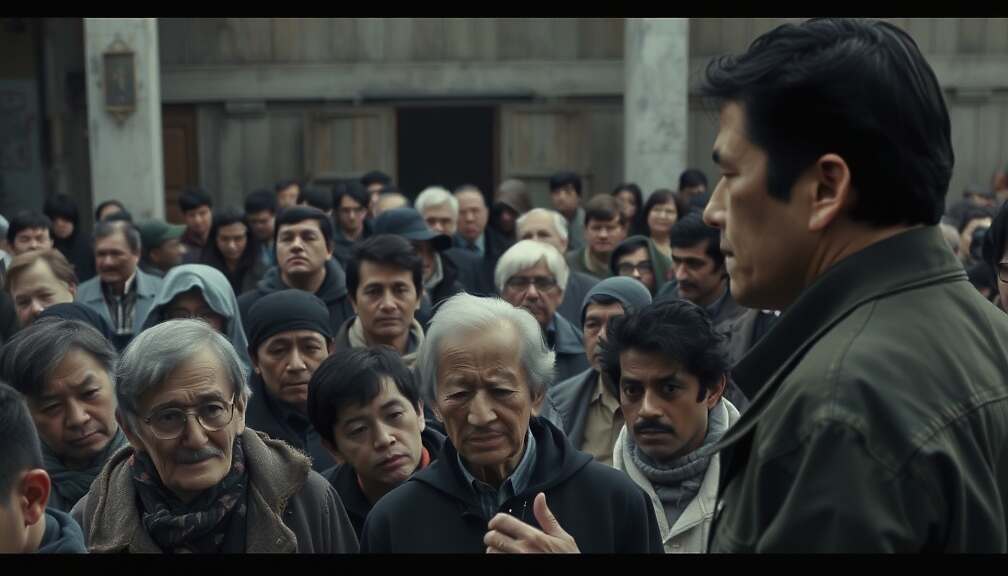A broad coalition of education experts and specialists in antisemitism is calling for a significant shift in how Germany approaches Holocaust education. Currently, the period of National Socialism is often not comprehensively addressed in history curricula until the upper levels of secondary education, primarily affecting students attending Gymnasium (academic high schools).
Josef Schuster, President of the Central Council of Jews in Germany, expressed concern to “Ippen Media’s” “Frankfurter Rundschau”, stating that the current approach occurs too late and is insufficient. He advocates for early, consistent and cross-grade education about the Holocaust, emphasizing that engagement should begin well before the end of a student’s schooling and extend beyond Gymnasium students. Schuster proposes age-appropriate learning concepts suitable for primary school students, citing the diminishing number of Holocaust survivors and the proliferation of misinformation and hate speech online as urgent factors.
The Federal Government’s Antisemitism Commissioner, Felix Klein, lends his support to this call for change. Klein argues that instruction on the Nazi era should begin in mid-secondary education and that the amount of history taught needs to be increased substantially. He criticizes the existing allocation of only one weekly history lesson as “completely unacceptable” and points to the trend of history often being integrated with civics and politics. Klein also advocates for incorporating biographical accounts into curriculum. He emphasizes that while exposing young students to graphic imagery can be counterproductive, there are more appropriate, pedagogically sound methods for integrating Holocaust education into mid-secondary school curricula.
The National Student Conference also champions new initiatives, criticizing the current history instruction as overly theoretical and arguing that memorizing dates and textbook knowledge fails to foster empathy or prevent bullying. They advocate for mandatory visits to concentration or extermination camps, echoing Klein’s call for earlier engagement with the period.
Stefan Düll, President of the German Teachers’ Association, highlights a lack of time devoted to history, particularly concerning the Holocaust and Germany’s role during the Nazi era. He suggests a need to reallocate classroom time. He further notes that modern teachers often lack direct familial connections to the experiences of the Third Reich, making post-war history particularly relevant. He underscores the importance of education about the successes of the Federal Republic, including its achievements in prosperity, security, mutual respect, tolerance and freedom.
Niko Lamprecht, Federal Chairman of the Association of History Teachers of Germany, observes that events occurring 80 years ago can feel distant to many young people, similar to the perception of antiquity. He stresses that the Holocaust should be a central focus, not a fleeting mention. The collaborative effort aims to ensure a more comprehensive and impactful understanding of this crucial period in German history.












